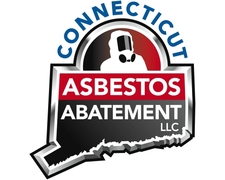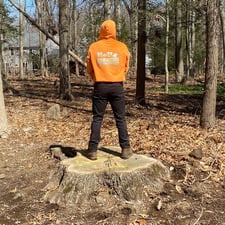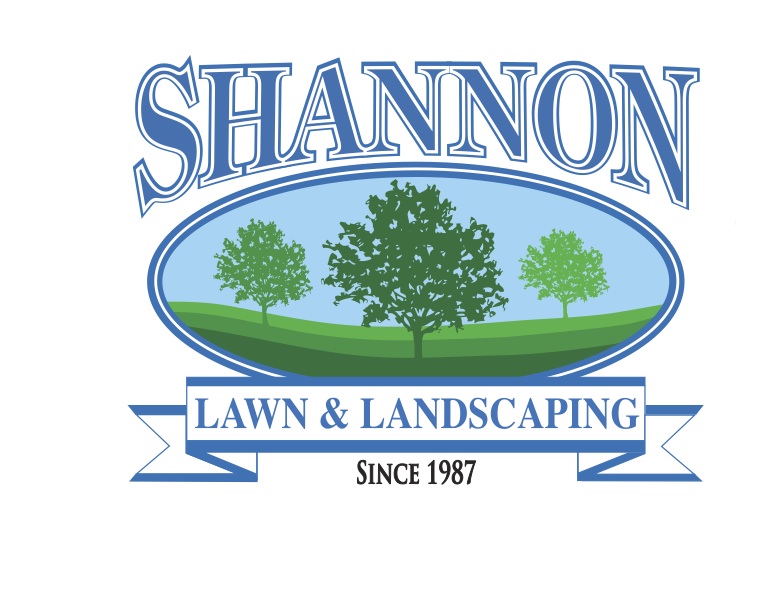
Get matched with top lawn fertilization and treatment specialists in Rochelle Park, NJ
Enter your zip and get matched with up to 5 pros
Need a pro for your lawn fertilization and treatment project in Rochelle Park, NJ?
TRUSTED BY ROCHELLE PARK, NJ HOMEOWNERS
4.6
Average homeowner rating33
Verified lawn fertilization and treatments reviews
Verified Reviews for Lawn Fertilization And Treatment pros in Rochelle Park, NJ
*The Angi rating for Lawn Fertilization And Treatment companies in Rochelle Park, NJ is a rating based on verified reviews from our community of homeowners who have used these pros to meet their Lawn Fertilization And Treatment needs.
*The HomeAdvisor rating for Lawn Fertilization And Treatment companies in Rochelle Park, NJ is a rating based on verified reviews from our community of homeowners who have used these pros to meet their Lawn Fertilization And Treatment needs.
Last update on December 13, 2025
Find Lawn fertilization and treatment specialists in Rochelle Park

Perennial Services, LLC
Perennial Services, LLC
Family owned and operated, Perennial Lawn Care has been providing customers with quality lawn and shrub care for over 25 years. At Perennial, we take pride in understanding the conditions, trends, and concerns of the local communities and their environments. Perennial has been a hometown company for over two decades. We realize it is about neighbors serving neighbors and that taking care of our customers is the only road to success. Perennial respects our environment by being GREEN. Organic based fertilizers and low impact pesticides and herbicides are always our 1st choice. Working together we can provide you with a environmentally friendly, healthy, problem free lawn that we all can take pride in.
"You must watch trugreen to be sure your getting what you pay for"
Joseph C on September 2022
Family owned and operated, Perennial Lawn Care has been providing customers with quality lawn and shrub care for over 25 years. At Perennial, we take pride in understanding the conditions, trends, and concerns of the local communities and their environments. Perennial has been a hometown company for over two decades. We realize it is about neighbors serving neighbors and that taking care of our customers is the only road to success. Perennial respects our environment by being GREEN. Organic based fertilizers and low impact pesticides and herbicides are always our 1st choice. Working together we can provide you with a environmentally friendly, healthy, problem free lawn that we all can take pride in.
"You must watch trugreen to be sure your getting what you pay for"
Joseph C on September 2022
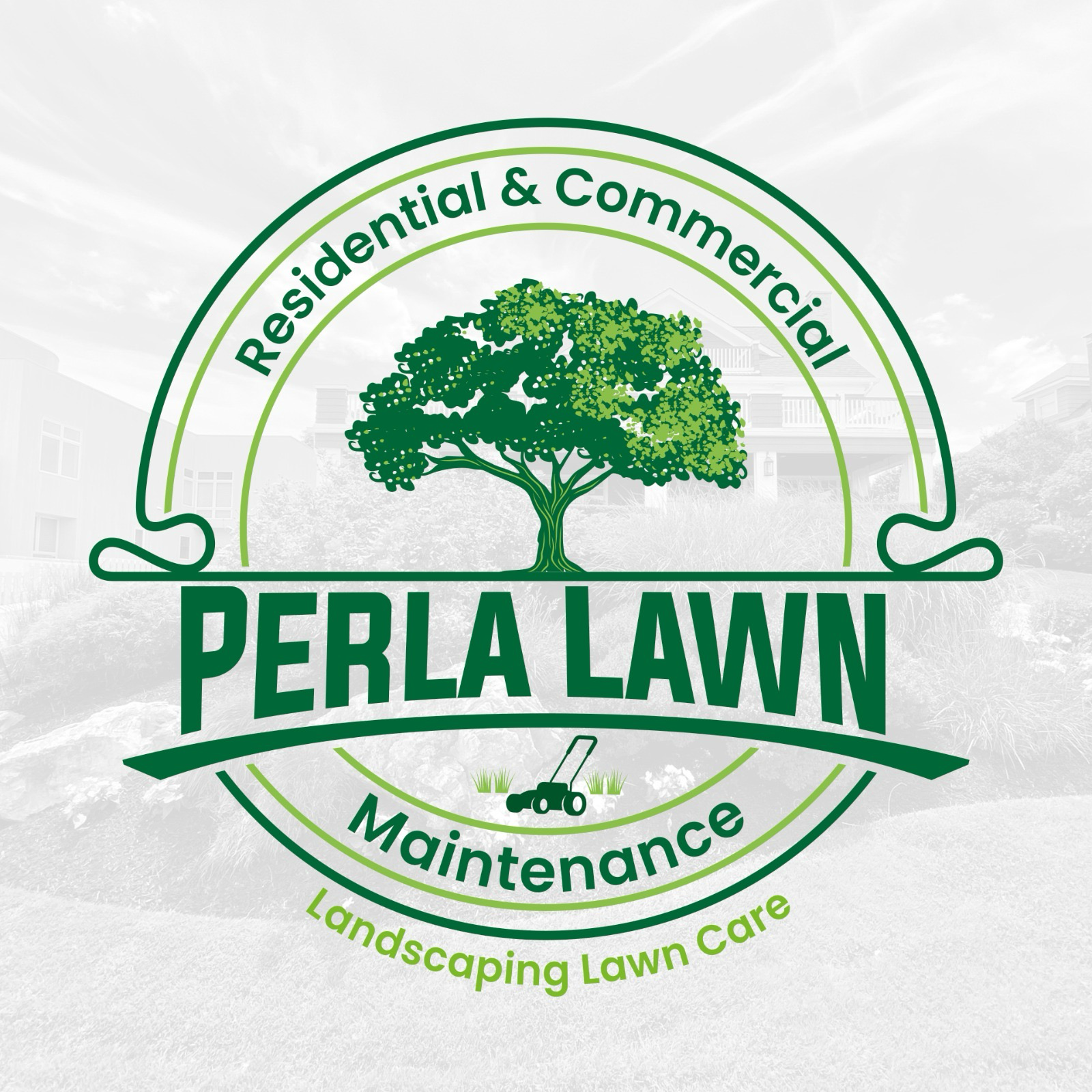
Perla Lawn Maintenance & Landscaping
Perla Lawn Maintenance & Landscaping
Our mission is to be a provider that brings back the personal touch with our customers. We will build a relationship that will last a lifetime after you see our quality work. As a locally owned and operated business we feel invested in our clients and constantly strive for customer satisfaction. We won't leave until the job is done right! Call or click to schedule an estimate today!
"Perla Landscaping's snow removal service is nothing short of exceptional. Their team arrived at the crack of dawn, ensuring my property was cleared swiftly and meticulously. I appreciated their attention to detail and commitment to quality, making winter mornings worry-free. An excellent choice for anyone in need of dependable snow management. Five stars!"
Allison G on January 2025
Our mission is to be a provider that brings back the personal touch with our customers. We will build a relationship that will last a lifetime after you see our quality work. As a locally owned and operated business we feel invested in our clients and constantly strive for customer satisfaction. We won't leave until the job is done right! Call or click to schedule an estimate today!
"Perla Landscaping's snow removal service is nothing short of exceptional. Their team arrived at the crack of dawn, ensuring my property was cleared swiftly and meticulously. I appreciated their attention to detail and commitment to quality, making winter mornings worry-free. An excellent choice for anyone in need of dependable snow management. Five stars!"
Allison G on January 2025
Snow Removal & Landscaping by EDGAR
Snow Removal & Landscaping by EDGAR
Our mission is to be a landscaper that brings back the personal touch with our customers. We will build a relationship that will last a lifetime once you see our quality work. We're passionate about delivering an exceptional experience. When you hire us, you're hiring a team of professionals who are trained and skilled to deliver lasting value to your home. As a locally owned and operated business we feel invested in our clients and constantly strive for customer satisfaction. We won't leave until the job is done right! Call or click to schedule an estimate today!
"Edgar and his team are great to work with. He answered all the questions I had and detailed in the final results."
Ariel V on April 2024
Our mission is to be a landscaper that brings back the personal touch with our customers. We will build a relationship that will last a lifetime once you see our quality work. We're passionate about delivering an exceptional experience. When you hire us, you're hiring a team of professionals who are trained and skilled to deliver lasting value to your home. As a locally owned and operated business we feel invested in our clients and constantly strive for customer satisfaction. We won't leave until the job is done right! Call or click to schedule an estimate today!
"Edgar and his team are great to work with. He answered all the questions I had and detailed in the final results."
Ariel V on April 2024

Kingdom Lawn Care Services LLC
Kingdom Lawn Care Services LLC
**WE ARE NOW SCHEDULING FALL CLEAN UPS** We perform the highest-quality lawn care for residential & commercial properties throughout New Jersey. We are a team of professionals offering services that range from lawn mowing to snow plowing, and everything in between. If your shrubs are overgrown or your flowerbeds are full of weeds, we can transform your landscape with a property seasonal cleanup.
"Went well with good price"
Seung L on December 2023
**WE ARE NOW SCHEDULING FALL CLEAN UPS** We perform the highest-quality lawn care for residential & commercial properties throughout New Jersey. We are a team of professionals offering services that range from lawn mowing to snow plowing, and everything in between. If your shrubs are overgrown or your flowerbeds are full of weeds, we can transform your landscape with a property seasonal cleanup.
"Went well with good price"
Seung L on December 2023
Contractor Sandoval Carpentry & Painting
Contractor Sandoval Carpentry & Painting
Our business is ran by the boss Atilano Sandoval, who is the person in charged of leading the job. Whom ever is working on any of our jobs responds to Atilano. We are perfectionist, all work done by us is completely professional and as neat as possible. You can make payments by check or cash. We do payment plans while we are getting the job done. Once the job is completely done, all payment should be made.
Our business is ran by the boss Atilano Sandoval, who is the person in charged of leading the job. Whom ever is working on any of our jobs responds to Atilano. We are perfectionist, all work done by us is completely professional and as neat as possible. You can make payments by check or cash. We do payment plans while we are getting the job done. Once the job is completely done, all payment should be made.
Weed Patrol
Weed Patrol
Weed Patrol takes pride in our identity as a responsible lawn care company that practices IPM (Integrated Pest Management) methods when conducting fertilizing and weed control services. These methods kill weeds and pests faster and more permanently while minimizing chemical applications. Additionally, Weed Patrol performs all services under our Great Lawn Guarantee. We will visit your property as often as needed in between regular services, at no extra charge, to make any adjustments. Our methods may take more effort, but they reflect the genuine care we have toward the health of your lawn as well as the environment.
Weed Patrol takes pride in our identity as a responsible lawn care company that practices IPM (Integrated Pest Management) methods when conducting fertilizing and weed control services. These methods kill weeds and pests faster and more permanently while minimizing chemical applications. Additionally, Weed Patrol performs all services under our Great Lawn Guarantee. We will visit your property as often as needed in between regular services, at no extra charge, to make any adjustments. Our methods may take more effort, but they reflect the genuine care we have toward the health of your lawn as well as the environment.
IOD Construction
IOD Construction
General Contractor licensed in room additions, open concept home design, bathroom remodel, kitchen remodel and here to help you with your Home Improvement.
General Contractor licensed in room additions, open concept home design, bathroom remodel, kitchen remodel and here to help you with your Home Improvement.
J.A. Perez Landscaping LLC.
J.A. Perez Landscaping LLC.
J.A. Perez Landscaping LLC is a Home Improvement Contractor licensed to practice in New Jersey. We offer services like: Landscaping, Lawn Maintenance and Power Washing. Do not hesitate to contact us - (201) 749-2633. Lawn Care Service, Deck Cleaning, Tree Service, Commercial Landscaping, Residential Landscaping. Pearl River N;Saddle River NJ;Montvale NJ;Westwood NJ;Tappan NJ
J.A. Perez Landscaping LLC is a Home Improvement Contractor licensed to practice in New Jersey. We offer services like: Landscaping, Lawn Maintenance and Power Washing. Do not hesitate to contact us - (201) 749-2633. Lawn Care Service, Deck Cleaning, Tree Service, Commercial Landscaping, Residential Landscaping. Pearl River N;Saddle River NJ;Montvale NJ;Westwood NJ;Tappan NJ
Birch Grove Landscaping Inc
Birch Grove Landscaping Inc
Business is owner operated for over 38 years. We offer personalized service with professional results.
Business is owner operated for over 38 years. We offer personalized service with professional results.
The Rochelle Park, NJ homeowners’ guide to lawn fertilization and treatments
From average costs to expert advice, get all the answers you need to get your job done.
 •
•Discover the cost to fertilize your lawn, including average prices, key factors, and tips to help homeowners budget for a lush, healthy yard.
 •
•Get transparent power seeding cost info to learn what impacts pricing, how to save, and whether to DIY or hire a pro for your lawn’s best results.
 •
•Discover average hydroseeding cost, key price factors, and ways to save. Get transparent estimates for your lawn project and make informed decisions for your home.
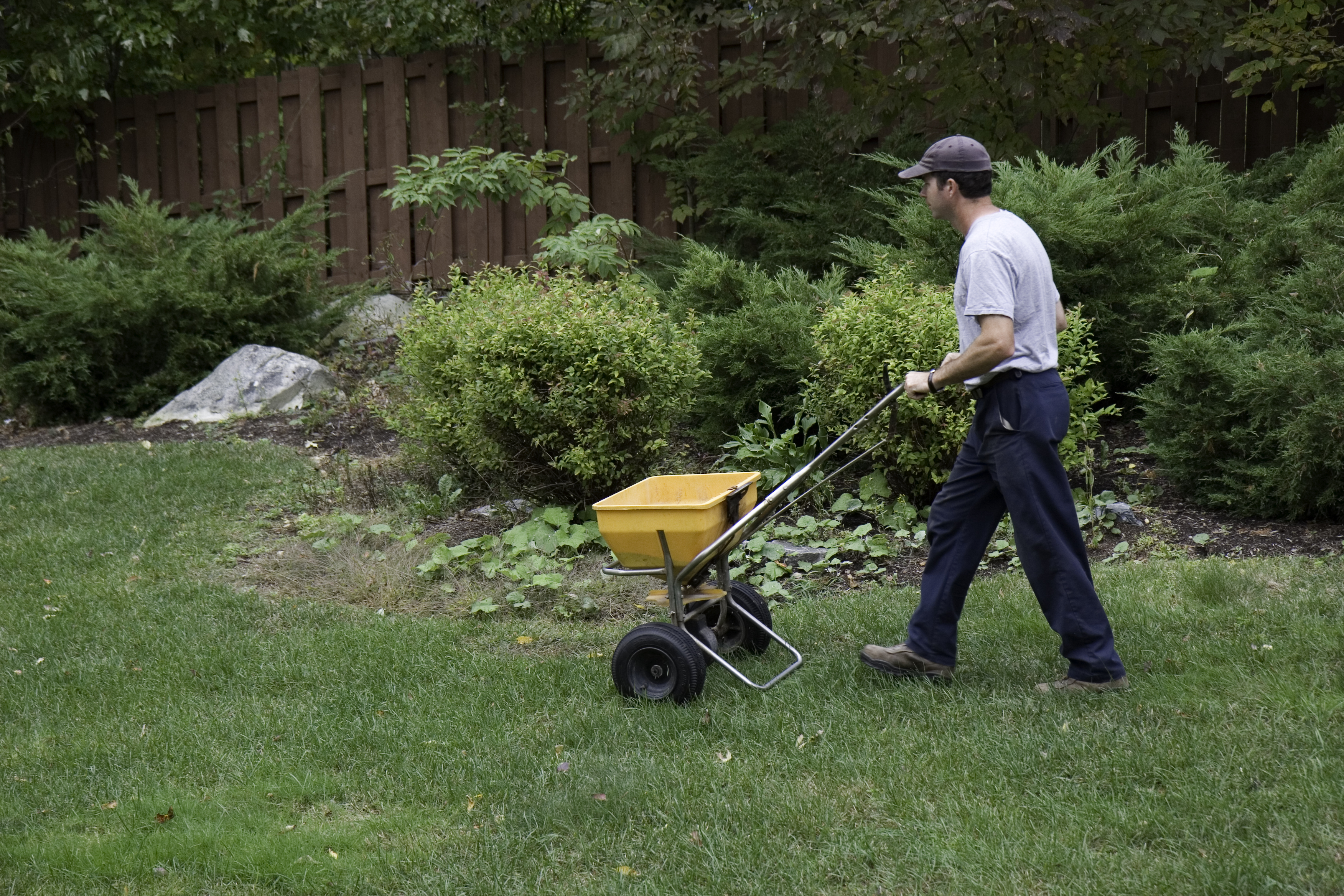
When it comes to drop spreaders versus broadcast spreaders, knowing the differences between them will help you make the right choice for your outdoor setup.
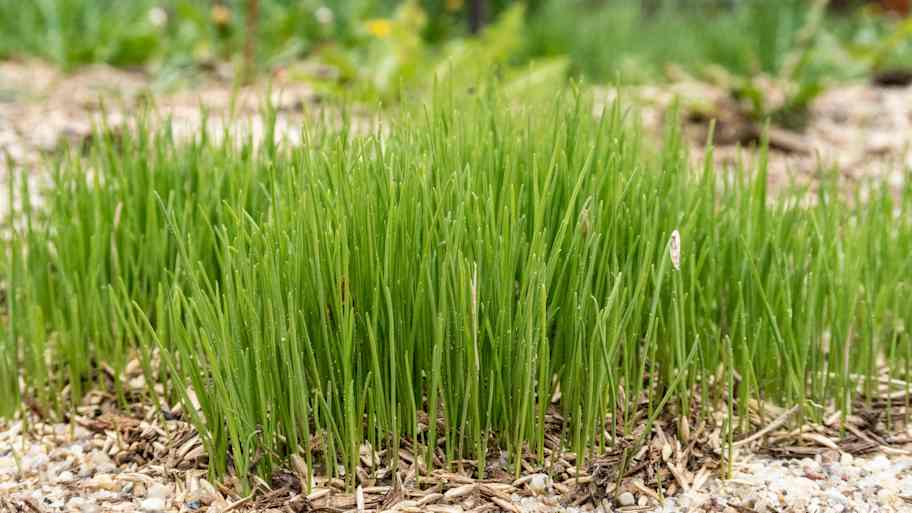
Ready to give your yard a fresh start? With these tips for grass seed planting, your lush lawn dreams are one step closer to becoming a reality.

Grass seeds thrive in soil rich in nutrients, but a potting mix will not support your grass’ long-term health. Find out which type of soil is best for grass.
- Saddle Brook, NJ Lawn fertilization and treatment specialists
- Maywood, NJ Lawn fertilization and treatment specialists
- Elmwood Park, NJ Lawn fertilization and treatment specialists
- Lodi, NJ Lawn fertilization and treatment specialists
- Garfield, NJ Lawn fertilization and treatment specialists
- Fair Lawn, NJ Lawn fertilization and treatment specialists
- Hackensack, NJ Lawn fertilization and treatment specialists
- Hasbrouck Heights, NJ Lawn fertilization and treatment specialists
- Paramus, NJ Lawn fertilization and treatment specialists
- River Edge, NJ Lawn fertilization and treatment specialists
- South Hackensack, NJ Lawn fertilization and treatment specialists
- Wallington, NJ Lawn fertilization and treatment specialists
- Passaic, NJ Lawn fertilization and treatment specialists
- New Milford, NJ Lawn fertilization and treatment specialists
- Bogota, NJ Lawn fertilization and treatment specialists
- Oradell, NJ Lawn fertilization and treatment specialists
- Wood Ridge, NJ Lawn fertilization and treatment specialists
- Teaneck, NJ Lawn fertilization and treatment specialists
- Clifton, NJ Lawn fertilization and treatment specialists
- Glen Rock, NJ Lawn fertilization and treatment specialists
- Hawthorne, NJ Lawn fertilization and treatment specialists
- East Rutherford, NJ Lawn fertilization and treatment specialists
- Little Ferry, NJ Lawn fertilization and treatment specialists
- Bergenfield, NJ Lawn fertilization and treatment specialists
- Moonachie, NJ Lawn fertilization and treatment specialists
- Carlstadt, NJ Lawn fertilization and treatment specialists
- Ridgefield Park, NJ Lawn fertilization and treatment specialists
- Paterson, NJ Lawn fertilization and treatment specialists
- Rutherford, NJ Lawn fertilization and treatment specialists
- Emerson, NJ Lawn fertilization and treatment specialists
- Plumbing in Rochelle Park
- Cleaning in Rochelle Park
- Electrical in Rochelle Park
- Roofing in Rochelle Park
- Tree Service in Rochelle Park
- Moving in Rochelle Park
- Swimming Pools in Rochelle Park
- Handyman Service in Rochelle Park
- Air Duct Cleaning in Rochelle Park
- Gutter Cleaning in Rochelle Park
- Fencing in Rochelle Park
- Cabinet Refinishing in Rochelle Park
- Concrete Repair in Rochelle Park
- Architects in Rochelle Park
- Flooring in Rochelle Park
- Leaf Removal in Rochelle Park
- Landscaping in Rochelle Park
- Lawn And Yard Work in Rochelle Park
- Fireplaces in Rochelle Park
- Kitchen And Bath Remodeling in Rochelle Park
- Painting in Rochelle Park
- Screen Repair in Rochelle Park
- Deck Maintenance in Rochelle Park
- Garbage Collection in Rochelle Park
- Hardwood Flooring in Rochelle Park
- Mailbox Repair in Rochelle Park
- Home And Garage Organization in Rochelle Park
- Landscaping Hardscaping And Pavers in Rochelle Park
- Upholstery Cleaning in Rochelle Park
- Computer Repair in Rochelle Park
- 🌱 "Mow a small front yard"
- 🛠 "Fix a leaking pipe under the sink"
- 🏠 "Repair shingles on an asphalt roof"


